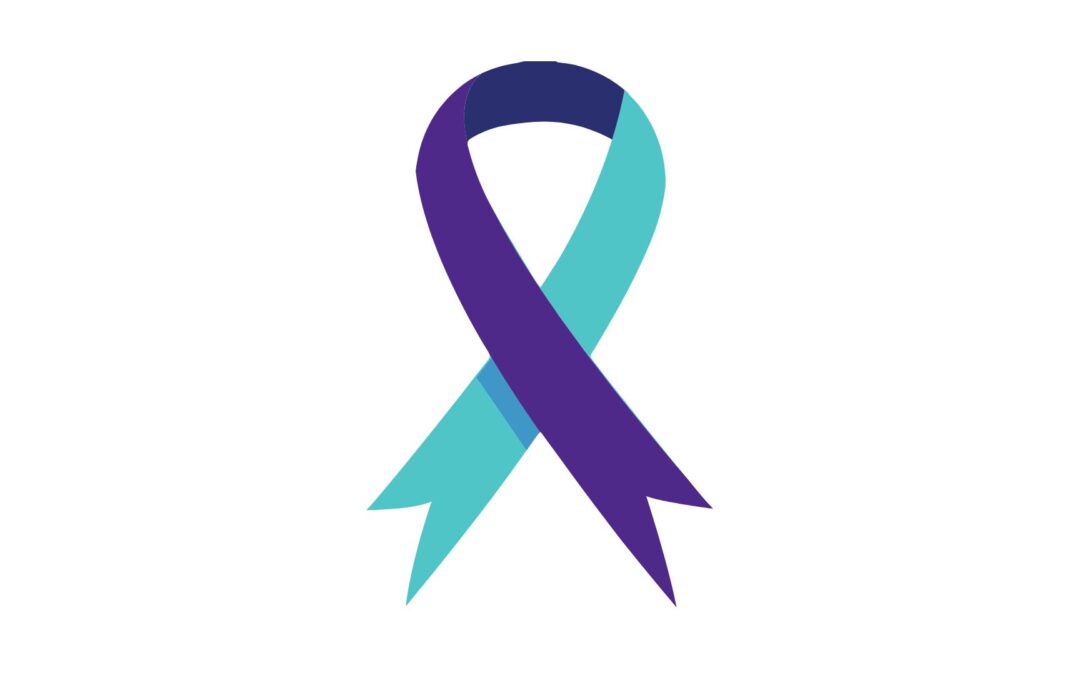By Steven Norris
Last week, I was shocked and saddened to hear that a member of our larger Griffin community took his own life by jumping from a parking deck just a couple of blocks away from my office. I do not know the circumstances surrounding that event and do not wish to speculate. In the aftermath of such an event, however, I inevitably get questions about whether people who take their own life will get into heaven.
First, I want to affirm unequivocally that every life is precious and has value. The Christian scriptures teach that humans were created “in the image of God” for the express purpose of communion with God and with one another. There is no one whose life is unimportant or invaluable — no matter how an individual might feel in any given moment.
Second, because life is created by God and inherently valuable, taking someone’s life is a sin. The Ten Commandments are pretty clear, “Thou shalt not kill” (to use the old King James language). To take one’s own life is an act of killing and constitutes “sinful” behavior by these standards.
Third, we are not saved by our works, either good or bad. The scripture says, “it is by grace you have been saved, through faith—and this is not from yourselves, it is the gift of God—not by works, so that no one can boast” (Ephesians 2:8-9). Our salvation is the result of the finished work of Jesus on behalf of humanity. Good works are the result of salvation not its prerequisite.
Suicide is a complex matter. It is often the result of deep emotional anguish and not necessarily some spiritual shortcoming or deficiency. Individuals who commit suicide have often been struggling with very serious problems such as depression, addiction, anxiety, drug abuse, medication imbalance, or any number of other issues. As such, they are often not thinking clearly, but see through a cloud of overwhelming circumstance that most of us cannot fathom. For whatever reason, they see no hope and no way out.
The truth is: there is hope. Help is available. I would like to suggest four things that people of faith can do to help in moments like these.
(1) Pray. Allow these tragedies to remind us that we have limited control, but we have a connection to a power beyond our circumstances.
(2) De-stigmatize mental health. A friend of mine showed up one day with a t-shirt that read, “I love Jesus, and I have a therapist.” Seeking help to address mental health is not weakness of faith or lack of trust in Jesus. Loving Jesus does not always cure suicidal thoughts, PTSD, depression, or anxiety. God gave wisdom and insight to our counselors and therapists to help and offer perspective in such situations.
(3) Educate. Identify the help that is available in your community and alert others to its presence. If you, or someone you know, is contemplating suicide, you can reach the National Suicide Prevention Hotline by dialing 988. Please share that information.
(4) Refuse to speculate. Instead, be present in the moments where others are hurting by listening, showing kindness, and demonstrating compassion.
At the end of the day, it is not our place to make decisions about a person’s eternal destiny. Only God knows a person’s heart. It is our place, however, to love God with everything that we are and to love our neighbor as ourselves and there is no shortage of opportunities to do that.

